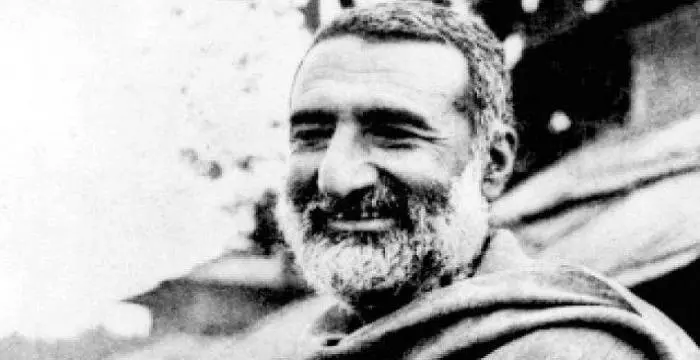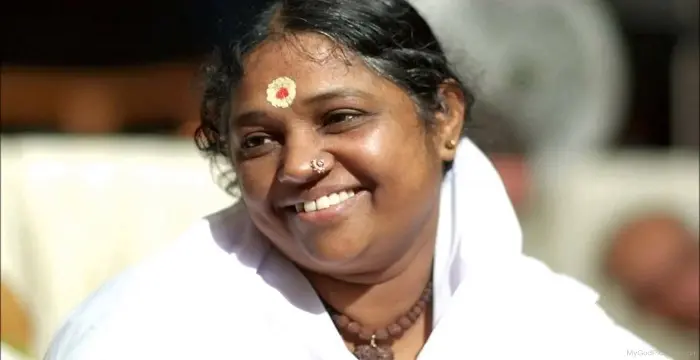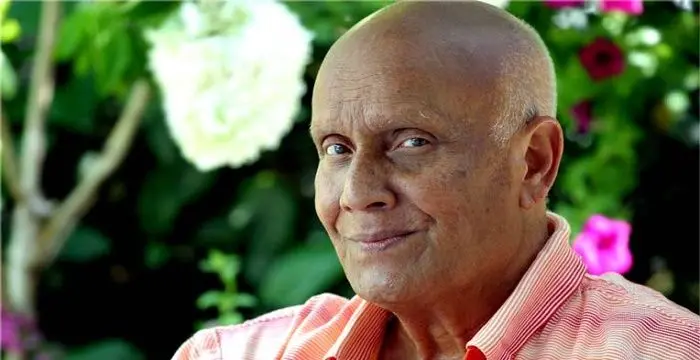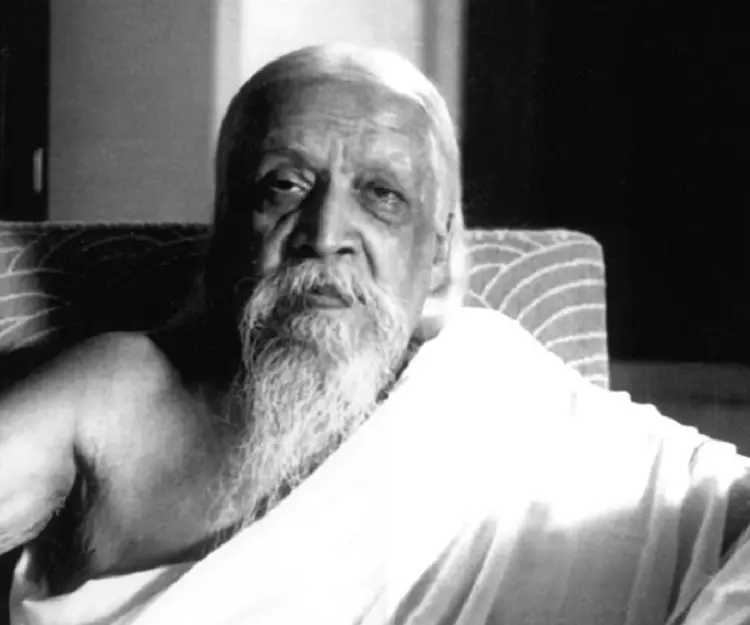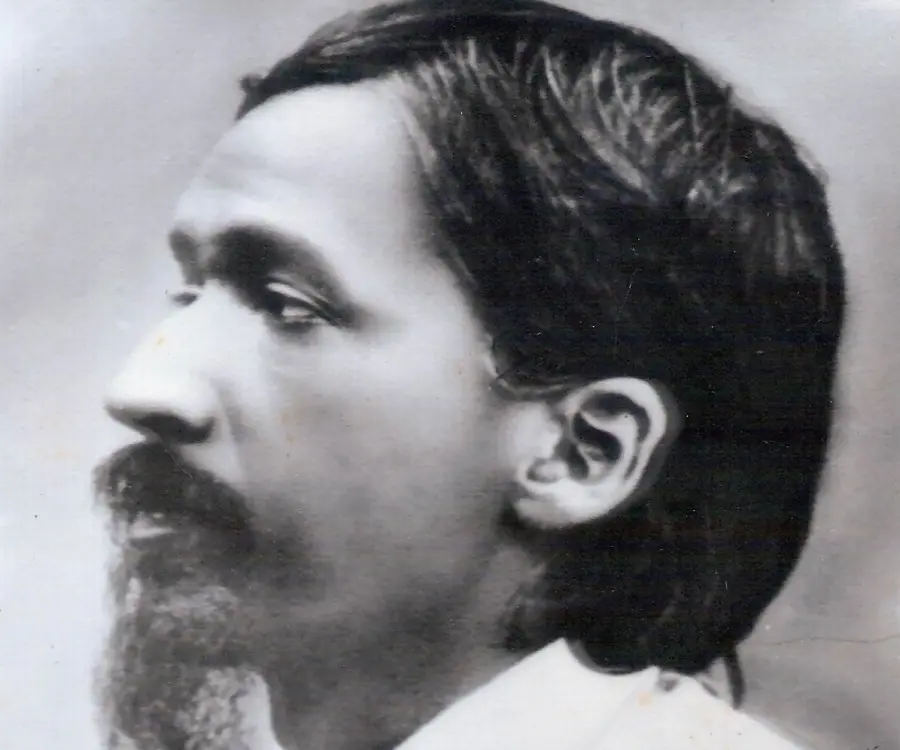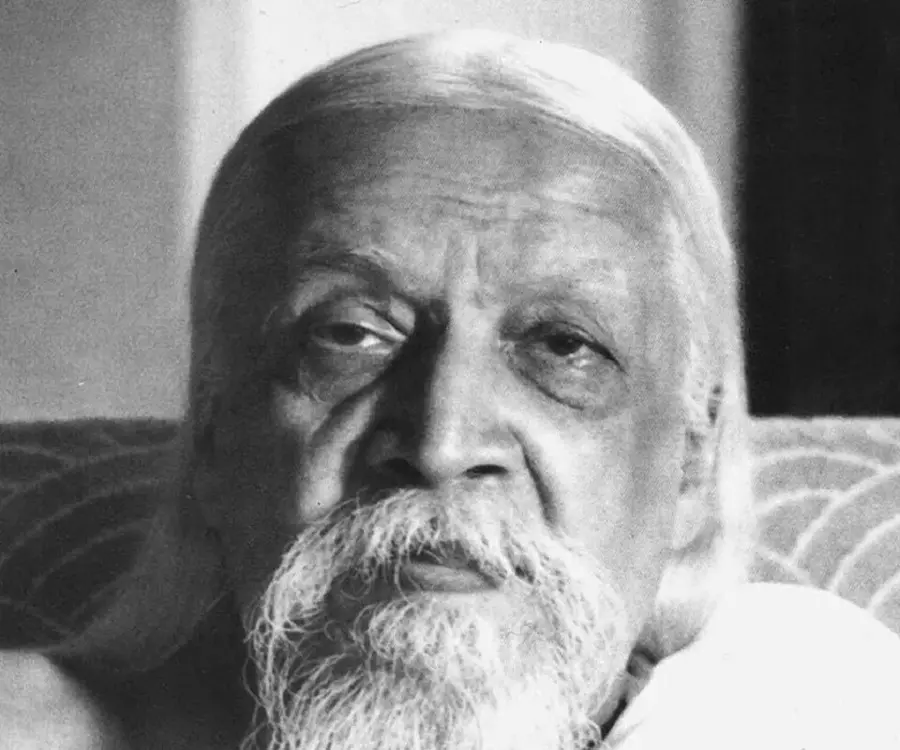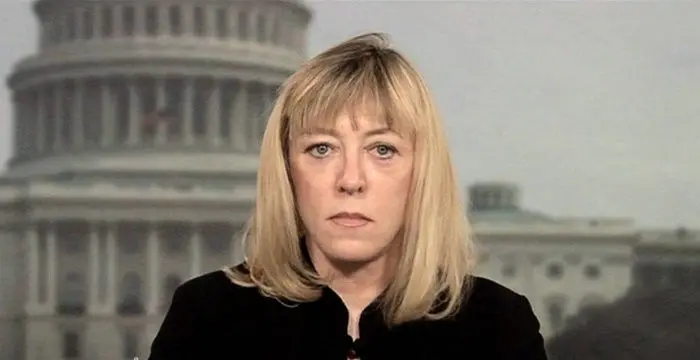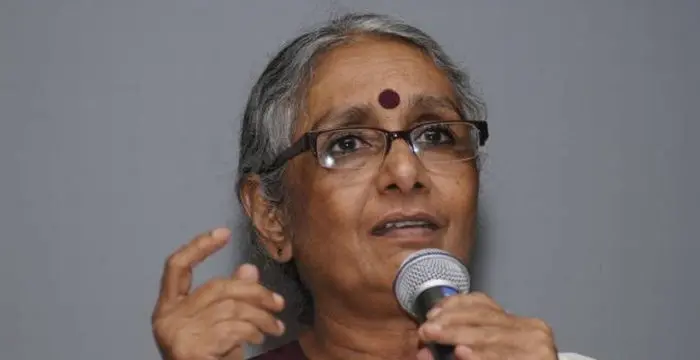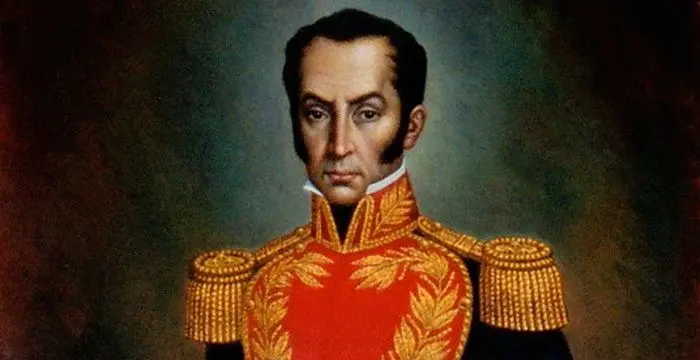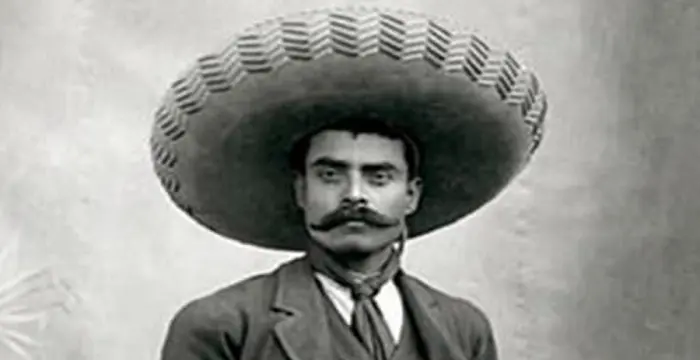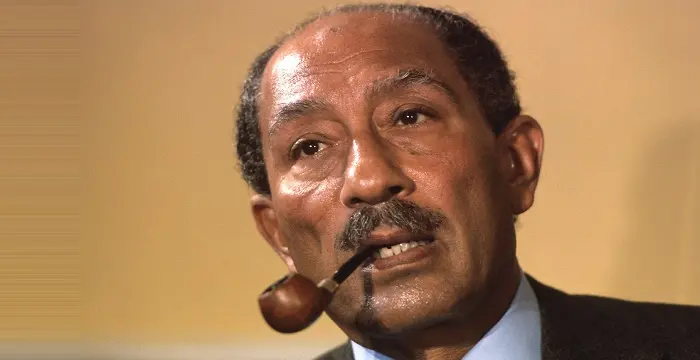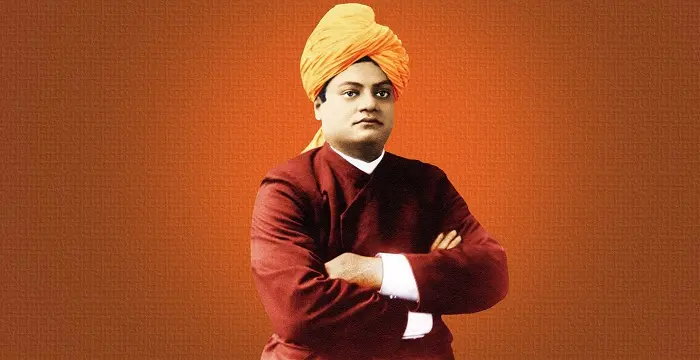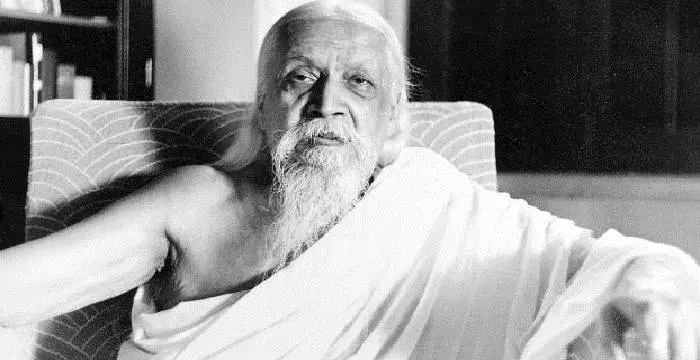
Sri Aurobindo - Spiritual Leader, Birthday and Family
Sri Aurobindo's Personal Details
Sri Aurobindo was a great political reformer and a spiritual master
| Information | Detail |
|---|---|
| Birthday | August 15, 1872 |
| Died on | December 5, 1950 |
| Nationality | Indian |
| Famous | Leaders, Spiritual & Religious Leaders, Revolutionaries, Political, Spiritual Leader |
| Spouses | Mrinalini Devi |
| Universities |
|
| Founder / Co-Founder |
|
| Birth Place | Kolkata |
| Political Ideology | Indian National Congress |
| Gender | Male |
| Father | Krishna Dhan Ghosh |
| Mother | Swarnalata Devi |
| Sun Sign | Leo |
| Born in | Kolkata |
| Famous as | Political and Spiritual Leader |
| Died at Age | 78 |
// Famous Spiritual Leader
Khan Abdul Ghaffar Khan
Khan Abdul Ghaffar Khan was a political leader and a close friend of Mahatma Gandhi. This biography of Khan Abdul Ghaffar Khan provides detailed information about his childhood, life, achievements, works & timeline.
Mata Amritanandamayi
Mata Amritanandamayi, lovingly called Amma, Ammachi, or Mother, is a Hindu spiritual leader of international standing. This biography explores the childhood, life and achievements of Mata Amritanandamayi.
Sri Chinmoy
Sri Chinmoy was an Indian spiritual master who advocated meditation and athleticism as means of achieving inner peace. This biography provides detailed information about his childhood, life, achievements, works & timeline.
Sri Aurobindo's photo
Who is Sri Aurobindo?
Aurobindo Ghose, better known as Sri Aurobindo is known to the entire world as a great scholar, a national leader and a spiritual guru. He attained his basic as well as higher education from the United Kingdom. His literary excellence had been exemplary and brought him innumerable acclaims. He returned to India as a civil servant to the ‘Maharaja of State of Baroda’. Sri Aurobindo’s participation in the Indian national movement was short but impactful. His writings promoted the idea of complete independence for India thereby landing him in jail for political unrest. He came to limelight with his active participation in the freedom struggle against the British in India but he gradually evolved to become a spiritual and yogic guru. Some powerful visions backed by spiritualism encouraged him to move to Pondicherry where he worked on human evolution through spiritual activities such as ‘Integral Yoga’. Having chosen the mystical path for the rest of his life, he collaborated with people with similar pursuits.
// Famous Political
Khan Abdul Ghaffar Khan
Khan Abdul Ghaffar Khan was a political leader and a close friend of Mahatma Gandhi. This biography of Khan Abdul Ghaffar Khan provides detailed information about his childhood, life, achievements, works & timeline.
Jody Williams
Jody Williams is an American political and peace activist. This biography of Jody Williams provides detailed information about her childhood, life, activities, achievements and timeline.
Aruna Roy
Aruna Roy is an Indian political and social activist who founded the Mazdoor Kisan Shakti Sangathana. This biography of Aruna Roy provides detailed information about her childhood, life, achievements, works & timeline.
Childhood & Early Life
Aurobindo Ghose was born on August 15, 1872 to Krishna Dhun Ghose, and his wife Swarnalotta Devi in Kolkata (Bengal Presidency), India.
His father, who was an Assistant Surgeon in Rangapur, Bengal, was an ardent fan of the British culture so he encouraged his children to learn English and study in schools where his children would be exposed to Christianity. He was sent to Loreto House boarding school with his male siblings in Darjeeling, the hub of British Culture in India.
Aurobindo’s inclinations to social reforms and evolutions can be attributed to his great-grandfather’s close involvement in the Brahmo Samaj religious reform Movement
At a tender age of seven he was sent to England and stayed there for fourteen years.
Starting from St. Pauls School (1884), he attained scholarship and made it to King’s College, Cambridge (1890). His dedication and sharp intellect helped him clear the Indian Civil Service exam too.
Return to India
Aurobindo Ghose came back to India in 1893 after getting a job with the royal family of Baroda (Gaekwad). He was fluent with many foreign languages but less familiar with Indian culture.
He spent twelve years in Baroda serving as a teacher, secretary to the Maharaja of Gaekwad and also the Vice Principal of Baroda College thereby becoming more familiar with his mother tongue and Indian traditions.
It was only after staying in India for twelve long years that Aurobindo could understand the harm that the British rule had done to the Indian civilization and he slowly and gradually started showing interest in politics.
Role in the Indian freedom Struggle
His initial political activism involved emphasis on the urgency of demanding total freedom from the British government.
While in the services of the Baroda administration, he contributed articles to ‘Indu Prakash’ and covertly got in touch with resistance groups in Bengal and Madhya Pradesh
He finally moved to Kolkata in the year 1906 after the announcement of the partition of Bengal. Publicly, Aurobindo supported non-co-operation and passive resistance to the British rule but in private he was involved in secret revolutionary activities and helped build the revolutionary atmosphere in the country.
In Bengal, he got in touch with revolutionaries and inspired young revolutionaries such as Bagha Jatin, Jatin Banerjee and Surendranath Tagore. He was also instrumental in the formation of several youth clubs including the Anushilan Samiti.
In 1906, he participated in the Indian National Congress annual session, which was headed by Dadabhai Naoroji. He helped in building the fourfold objectives of the national movement - Swaraj, Swadesh, Boycott and national education. He started a daily newspaper Bande Mataram in 1907.
In 1907, the congress split due to a showdown between moderates and extremists. Aurobindo sided with extremists and supported Bal Gangadhar Tilak. After this, he travelled extensively across Pune, Baroda and Bombay to educate people and get support for national movement.
In May 1908, the British arrested him in connection with the Alipore Bomb Case. He was subsequently released after one year of solitary confinement.
Post his release in 1909, he started new publications - Karmayogin (English) and Dharma (Bengali).
While in Alipore jail, he slowly realized that he was not destined to lead the freedom struggle and gradually diverted to mystical and philosophical way of life thereby initiating this new journey of spiritual awakening.
In April 1910, Aurobindo Ghoseh secretly moved to Pondicherry (which was then a French Colony) to start a new life.
In Pondicherry, Sri Aurobindo set himself on a path of spiritual learning and evolution by practicing secluded yoga continuously for four years which he termed as ‘Integral Yoga’. He proposed the importance of spiritual practices in human transformation into a divine entity.
Politics to Spiritualism
During the Alipore Bomb Case, he was kept in confinement in Alipore Jail. It was during this period that his view of life radically changed due to spiritual experiences and realizations.
Aurobindo said that he constantly heard the voice of Vivekananda speaking to him for almost a fortnight in the jail and from there began a new journey towards spiritualism.
After settling in Pondicherry, he dedicated himself to his spiritual and philosophical pursuits. In 1914, he started a monthly philosophical magazine ‘Arya’.
Slowly and gradually Sri Aurobindo began to attract followers and the number kept increasing, resulting in the formation of Sri Aurobindo Ashram in 1926.
Apart from yoga and spirituality, he also wrote about the Indian culture, Vedas and society through The Foundations of Indian Culture, The Secret of the Veda, The Human Cycle etc.
Sri Aurobindo had a flair for poetry even at the time he was settled in England. His poetic inclinations revived in 1930s and took shape of a great piece of literature, Savitri: a poem of 24000 lines and purely resting on spirituality.
He was nominated for the Nobel Prize in Literature (1943) and Nobel Prize for Peace (1950) for his innumerable contributions in the field of poetry, spiritualism and philosophical literature.
Sri Aurobindo Ashram
He started his journey in Pondicherry with a few followers, but that increased rapidly and ultimately led to the establishment of Sri Aurobindo Ashram in 1926.
After the establishment of the Ashram, he began using Sri before his name, meaning sacred in Sanskrit.
The foundation of the Ashram was laid with the help of Mirra Richard (a French national and the spiritual collaborator of Aurobindo Ghoseh) who came to Pondicherry in 1914.
Mirra Richard d took charge of the management of Ashram after he went into seclusion in 1926. She began to be known as ‘The Mother’ and was considered and equal to Aurobindo in spiritual wisdom and knowledge.
Personal Life & Legacy
At the age of 28, Aurobindo Ghosee married Mrinalini, daughter of Bhupal Chandra Bose, a senior government official, in 1901.
Mrinalini died in December 1918 during the influenza pandemic.
Sri Aurobindo passed away on December 5, 1950.
His philosophical as well political works were appreciated by the then Prime Minister Jawaharlal Nehru and the then President Rajendra Prasad.
// Famous Revolutionaries
Tecumseh
Tecumseh was a Native American leader of the Shawnee clan. This biography profiles his childhood, life and timeline.
Simon Bolivar
Simón Bolívar was a Venezuelan military leader who was instrumental in independence of several Latin American countries from the Spanish rule. This biography profiles his childhood, life, achievements and timeline.
Emiliano Zapata
Emiliano Zapata was a Mexican revolutionary leader and one of the most important figures of the Mexican Revolution.Check out this biography to know about his childhood, family life, achievements and other facts about his life.
Sri Aurobindo biography timelines
- // 15th Aug 1872Aurobindo Ghose was born on August 15, 1872 to Krishna Dhun Ghose, and his wife Swarnalotta Devi in Kolkata (Bengal Presidency), India.
- // 1884 To 1890Starting from St. Pauls School (1884), he attained scholarship and made it to King’s College, Cambridge (1890). His dedication and sharp intellect helped him clear the Indian Civil Service exam too.
- // 1893Aurobindo Ghose came back to India in 1893 after getting a job with the royal family of Baroda (Gaekwad). He was fluent with many foreign languages but less familiar with Indian culture.
- // 1901At the age of 28, Aurobindo Ghosee married Mrinalini, daughter of Bhupal Chandra Bose, a senior government official, in 1901.
- // 1906He finally moved to Kolkata in the year 1906 after the announcement of the partition of Bengal. Publicly, Aurobindo supported non-co-operation and passive resistance to the British rule but in private he was involved in secret revolutionary activities and helped build the revolutionary atmosphere in the country.
- // 1906 To 1907In 1906, he participated in the Indian National Congress annual session, which was headed by Dadabhai Naoroji. He helped in building the fourfold objectives of the national movement - Swaraj, Swadesh, Boycott and national education. He started a daily newspaper Bande Mataram in 1907.
- // 1907In 1907, the congress split due to a showdown between moderates and extremists. Aurobindo sided with extremists and supported Bal Gangadhar Tilak. After this, he travelled extensively across Pune, Baroda and Bombay to educate people and get support for national movement.
- // May 1908In May 1908, the British arrested him in connection with the Alipore Bomb Case. He was subsequently released after one year of solitary confinement.
- // 1909Post his release in 1909, he started new publications - Karmayogin (English) and Dharma (Bengali).
- // Apr 1910In April 1910, Aurobindo Ghoseh secretly moved to Pondicherry (which was then a French Colony) to start a new life.
- // 1914After settling in Pondicherry, he dedicated himself to his spiritual and philosophical pursuits. In 1914, he started a monthly philosophical magazine ‘Arya’.
- // 1914The foundation of the Ashram was laid with the help of Mirra Richard (a French national and the spiritual collaborator of Aurobindo Ghoseh) who came to Pondicherry in 1914.
- // Dec 1918Mrinalini died in December 1918 during the influenza pandemic.
- // 1926Slowly and gradually Sri Aurobindo began to attract followers and the number kept increasing, resulting in the formation of Sri Aurobindo Ashram in 1926.
- // 1926He started his journey in Pondicherry with a few followers, but that increased rapidly and ultimately led to the establishment of Sri Aurobindo Ashram in 1926.
- // 1926Mirra Richard d took charge of the management of Ashram after he went into seclusion in 1926. She began to be known as ‘The Mother’ and was considered and equal to Aurobindo in spiritual wisdom and knowledge.
- // 1943 To 1950He was nominated for the Nobel Prize in Literature (1943) and Nobel Prize for Peace (1950) for his innumerable contributions in the field of poetry, spiritualism and philosophical literature.
- // 5th Dec 1950Sri Aurobindo passed away on December 5, 1950.
// Famous Leaders
Edi Rama
Edi Rama is the current Prime Minister of Albania. Check out this biography to know about his childhood, life, achievements, works & timeline.
Tecumseh
Tecumseh was a Native American leader of the Shawnee clan. This biography profiles his childhood, life and timeline.
Khalifa bin Zayed Al Nahyan
Sheikh Khalifa bin Zayed Al Nahyan is the current President of the United Arab Emirates (UAE). Check out this biography to know about his birthday, childhood, family life, achievements and fun facts about him.
Anwar Sadat
Anwar Sadat was the third President of Egypt and has been awarded the Nobel Prize for his peace initiatives. To know more about his childhood, career, profile and timeline read on the following biography.
Leo Varadkar
Cam Leo Varadkar is the current Taoiseach—the Prime Minister—of the Republic of Ireland. Check out this biography to know about his childhood, family life, achievements and other facts about his life.
Swami Vivekananda
Swami Vivekananda was the chief disciple of Sri Ramakrishna, and was responsible for awakening India spiritually. Check this biography to know in detail about his life, profile and timeline.
Sri Aurobindo's FAQ
What is Sri Aurobindo birthday?
Sri Aurobindo was born at 1872-08-15
When was Sri Aurobindo died?
Sri Aurobindo was died at 1950-12-05
Where was Sri Aurobindo died?
Sri Aurobindo was died in Puducherry
Which age was Sri Aurobindo died?
Sri Aurobindo was died at age 78
Where is Sri Aurobindo's birth place?
Sri Aurobindo was born in Kolkata
What is Sri Aurobindo nationalities?
Sri Aurobindo's nationalities is Indian
Who is Sri Aurobindo spouses?
Sri Aurobindo's spouses is Mrinalini Devi
What was Sri Aurobindo universities?
Sri Aurobindo studied at King's College, Cambridge, University of Cambridge, St Paul's School, London
Which company or organization was founded by Sri Aurobindo?
Sri Aurobindo was the founder/co-founder of Sri Aurobindo Ashram
What is Sri Aurobindo's political ideology?
Sri Aurobindo's political ideology is Indian National Congress
Who is Sri Aurobindo's father?
Sri Aurobindo's father is Krishna Dhan Ghosh
Who is Sri Aurobindo's mother?
Sri Aurobindo's mother is Swarnalata Devi
What is Sri Aurobindo's sun sign?
Sri Aurobindo is Leo
How famous is Sri Aurobindo?
Sri Aurobindo is famouse as Political and Spiritual Leader
